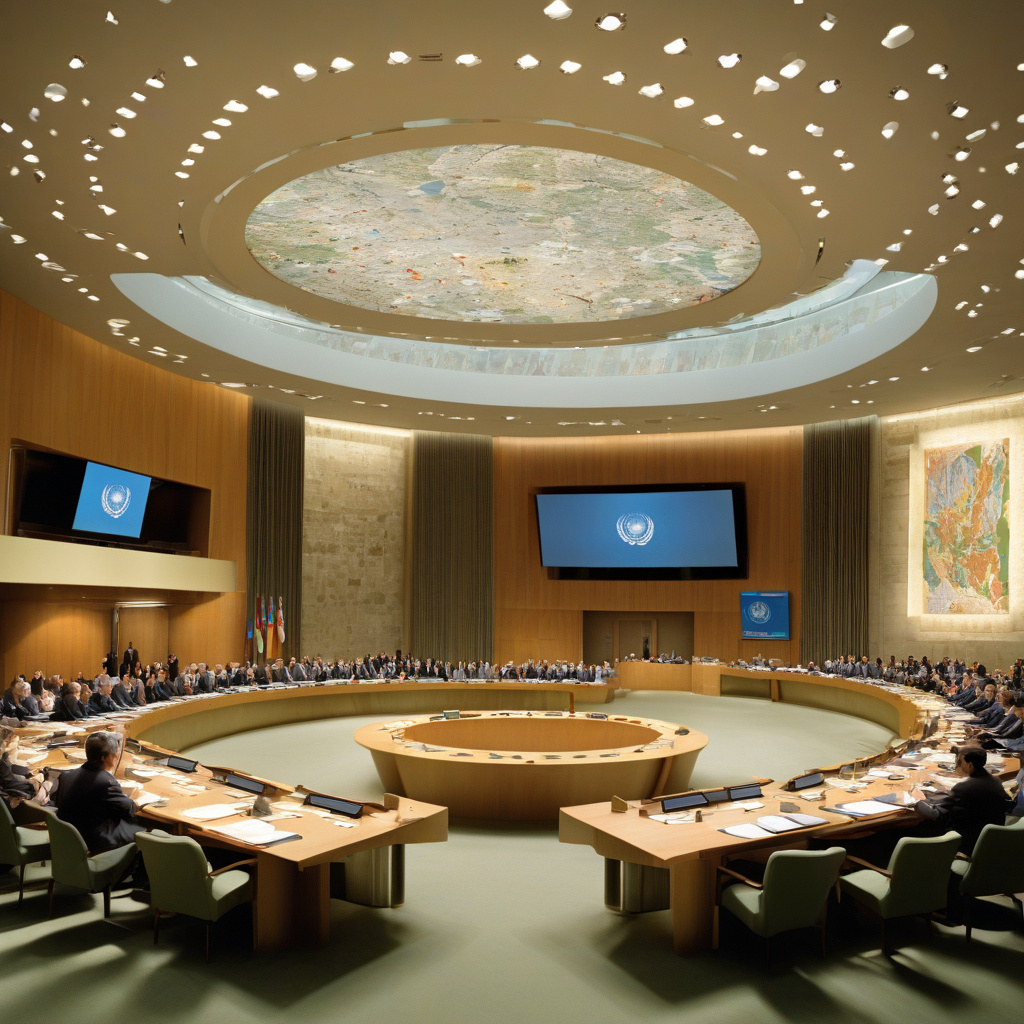The UN Prepares for Possible Shifts in US Financial Contributions
As the UN braces for possible funding upheavals, the future of global cooperation could hinge on decisions unfolding quietly behind closed doors in Washington. The United Nations, a global organization dedicated to maintaining international peace and security, promoting human rights, fostering social and economic development, and providing humanitarian aid in times of crisis, relies heavily on financial contributions from its member states to fulfill its mission. Among these contributors, the United States has traditionally been one of the largest funders of the UN, providing billions of dollars annually to support its various programs and initiatives.
However, recent developments in US politics and foreign policy have raised concerns about the stability of this financial support. The Trump administration, known for its skepticism towards multilateral organizations and its “America First” approach to foreign affairs, repeatedly threatened to cut funding to the UN during its tenure. While some of these threats were not fully realized, they signaled a shift in the US stance towards its financial obligations to the organization.
With a new administration now in power, the UN is once again facing uncertainty about the future of US financial contributions. President Joe Biden has expressed a more favorable view towards international cooperation and has pledged to reengage with the global community on issues ranging from climate change to human rights. However, the economic impact of the COVID-19 pandemic and competing domestic priorities may limit the Biden administration’s ability to fully restore previous funding levels to the UN.
In light of these challenges, the UN is taking proactive steps to prepare for possible shifts in US financial contributions. One key strategy is diversifying its funding sources to reduce reliance on any single member state. This includes seeking support from other major donors, such as the European Union, Japan, and China, as well as expanding partnerships with private sector organizations, foundations, and philanthropists.
Additionally, the UN is exploring innovative financing mechanisms to supplement traditional contributions. For example, the organization has launched impact investment funds that leverage private capital to finance sustainable development projects in areas such as renewable energy, healthcare, and education. By tapping into the growing trend of socially responsible investing, the UN aims to attract new sources of funding while advancing its development goals.
Furthermore, the UN is enhancing its transparency and accountability mechanisms to demonstrate the impact of its programs and ensure that donor funds are used effectively and efficiently. By implementing rigorous monitoring and evaluation processes, the organization can provide evidence-based results to justify continued financial support from member states and other stakeholders.
In conclusion, the UN’s preparations for possible shifts in US financial contributions reflect the complex interplay between politics, economics, and global governance. By proactively adapting to changing circumstances and embracing innovative funding strategies, the organization is positioning itself to weather potential funding upheavals while continuing to advance its vital mission on the world stage.
UN, US, funding, global cooperation, financial contributions
